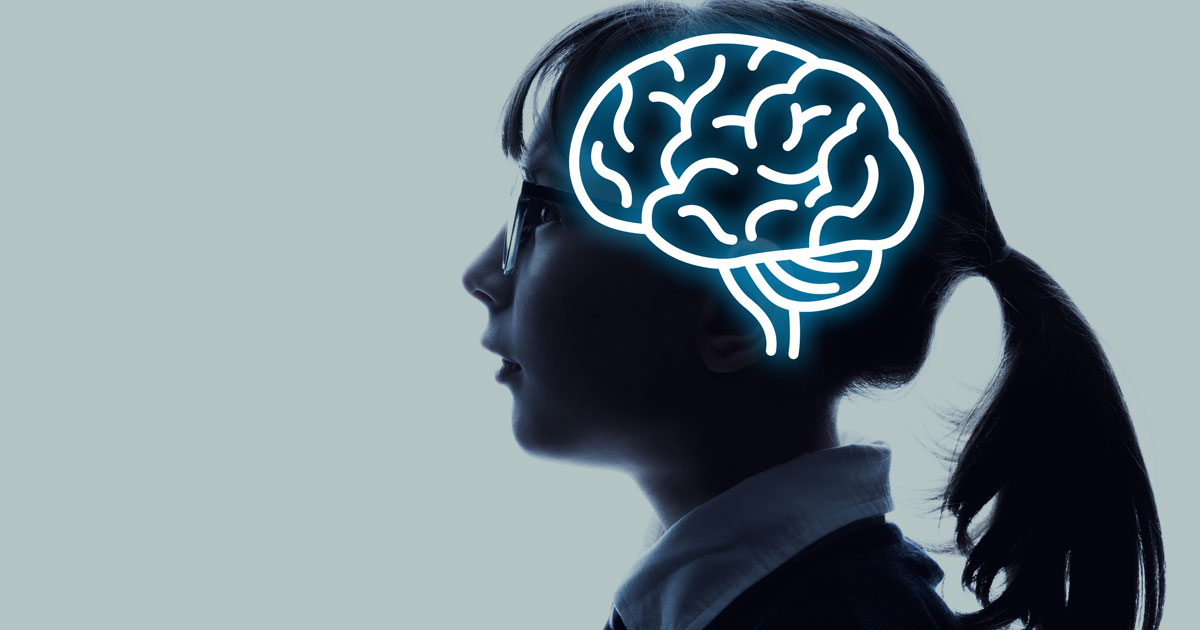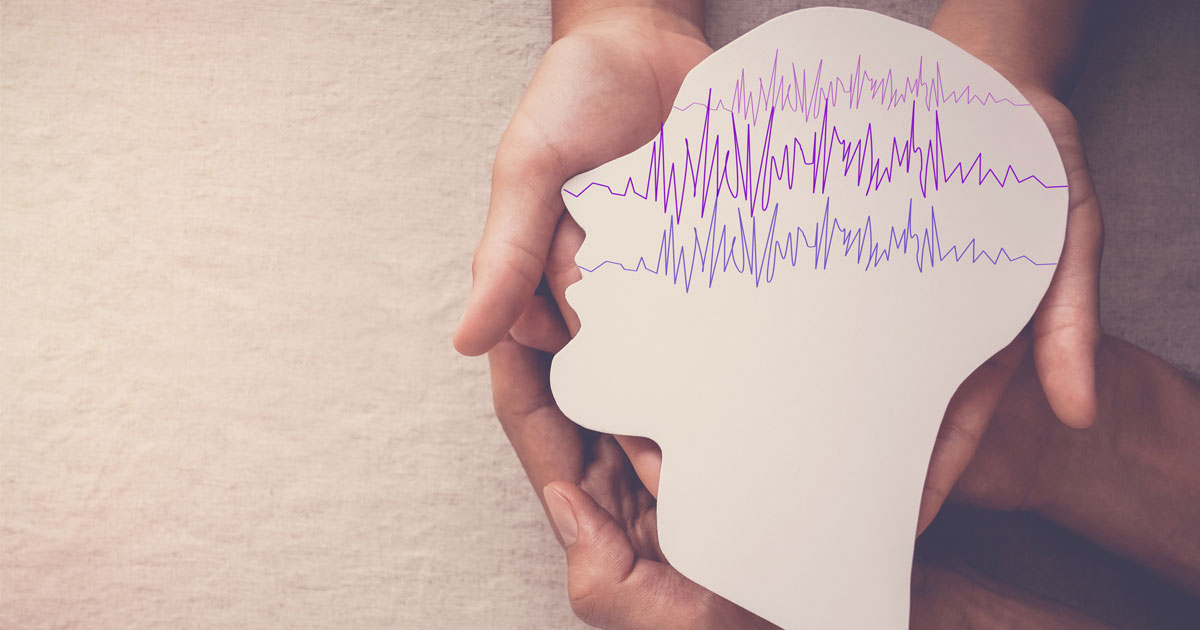Editor’s note: This article was written by Shannon Freeman who is a ADHD parent coach and the author of the ADHD Parent Supports newsletter.
As a therapist and parent advocate in the field of mental health and substance abuse for the last 30 years, I have been asked many times whether or not stimulant medications used to treat ADHD are addictive. Unfortunately, there is no definitive answer. The answer is tricky.
What is ADHD?
ADHD is a neurodevelopmental disorder that a person is born with. It is characterized by a slow to develop frontal lobe and a difference in the way chemicals (especially dopamine) are released in the person’s brain. The cause of ADHD is unknown. We do know that it is hereditary. There are 25-34 genes that contribute to the disorder, according to Russell Barkley, PhD. There is a 91% chance of passing it to your children.
There are 3 types of ADHD:
1. Inattentive
2. Hyperactive
3. Combined
- Inability to stay focused
- Difficulty with concentration
- Mind wandering
- Difficulty with time management
- Inability to sit still and/or a lot of fidgeting behavior
- Not being able to wait your turn/interrupting others
- Memory issues/forgetfulness
- Impulsive or risk taking behaviors
- Anxiety
- Depressed mood
- Excessive movement and/or talking
- Inability to complete tasks that the person has no interest in
- Aggression
- Irritability
- Procrastination
- Difficulty managing emotions
ADHD is considered a disorder of executive functioning skills.
Simply put, executive functioning includes:
- Time management
- Initiating tasks
- Remembering things (long or short term)
- Controlling emotions
- Planning
- Knowing how/what to prioritize
- Flexibility
- Organizational skills
- Self-control (eg. managing emotions and behaviors)
- Self-awareness (eg. Cause and effect- how your behavior affects others)
ADHD symptoms are first seen during childhood, but not always diagnosed. It has been widely believed that ADHD is a disorder that people outgrow. This is not true. About 80% of children who are diagnosed with ADHD will also have it in adulthood. For some, the symptoms will decrease as they get older. For others, symptoms will remain at the same level.
There is a high comorbidity rate with ADHD and other disorders such as Autism (ASD), depressive disorders, generalized anxiety disorder, oppositional defiant disorder (ODD), and learning disabilities such as dyslexia. This fact can make it more difficult to get an accurate diagnosis. Because the symptoms that children are experiencing are often not tolerated in schools, public or at home, these kids find themselves in doctor’s offices where parents are trying to eliminate the symptoms. In Western medicine, the go-to to address unwanted symptoms of ADHD is stimulant medication.
What Does a Stimulant Do to a Child’s Brain?

According to a 2013 study, after one year of treatment with methylphenidate. PET scans show that there is an increase in dopamine transporter levels that may decrease the efficacy of the medication. This means that a higher dose could be needed to get the same effect. In the addiction field, this is called tolerance. There is disagreement in the ADHD field whether or not this study shows evidence of tolerance, however. Some ADHD professionals such as Russell Barkley PhD, believe that the brain increases dopamine transmitters in an attempt to create the proper level of dopamine.
Others state that it is plausible that tolerance is building over time. So here is where it gets tricky. There have been many studies that conclude that taking a stimulant to address symptoms of ADHD does not make that person any more likely to become addicted to drugs in the future. So the stimulant itself may not be a factor in leading a person to substance use. However, there have been many people in my office with ADHD and substance use disorders.
They report that they liked the benefits of the stimulant medication and wanted to feel better. Those people changed the route of administration of the medication ( ie crush, inhale, inject) or took more of the stimulant than was prescribed to get a quick boost. This behavior has been found to lead to use of other substances such as marijuana, cocaine and amphetamines. Other studies indicate that some people who take stimulants for ADHD have a higher rate of addiction, although the reason for this may not be straight-forward. Studies have shown that people with ADHD have a tendency toward addiction due to the symptoms they experience.
Risk taking behavior, impulsivity, a desire to feel more focused, etc can all lead to use of substances to self medicate. Of course there are many people who were prescribed a stimulant in childhood to treat ADHD and have never developed a substance use disorder. The problem is that there is no way to know which category your child will fall into.
Should I Medicate My Child?

This question is asked every day, in my office. Parents often think that they have no choice but to medicate their child because school officials demand it, the pediatrician recommends it, or another parent medicates their child and says it’s the best thing to do.
Other parents feel that they have done something wrong because they are unable to “fix” their child and think medication is the only option. Still other parents are completely lost. They have read information online that confuses them. Whether or not to medicate a child is a very personal choice for every family. The first thing I talk to parents about are the pros and cons of medications.
Medications can be very helpful at decreasing hyperactivity, improving focus, and improving emotion regulation. Improvement may occur as soon as the initial dose. These quick improvements often lead to some relief at home and school. Medications do not improve a child’s ability to learn nor do they replace the need for behavioral skills training for both the parent and child.
Additionally, the possible side effects of medications can be insomnia, decreased appetite, weight loss, stomach problems, anxiety, irritability, headaches, itching or picking at skin, tics, “spacey” or” zombie” presentation, mood issues when the medication wears off, and possibly addiction.
What Other Options Are There to Treat ADHD Outside of Medication?

There are many holistic ways to manage symptoms of ADHD.
Here is a list of some methods that have helped people I have worked with:
- Weighted blankets help decrease anxiety and improve sleep.
- Dietary changes– including reducing caffeine, sugar processed and packaged foods, and foods heavy in dyes. A nutritionist or integrative mental health professional can help parents learn healthy choices for their child.
- Supplements can be helpful in managing symptoms. Again, a nutritionist or trained professional can help you choose what is best for your child.
- A strict daily routine will help your child know what to expect and can lessen emotional outbursts, anxiety, and confusion for both the child and parent.
- Compression shirts are also great for helping reduce anxiety and emotional outbursts.
- Chiropractors who specialize in children with ADHD can help to make sure your child’s body is aligned and functioning at its best.
- Occupational therapy (OT) is useful to help your child fine tune motor skills, learn to problem solve, learn organizational skills, improve physical coordination, and develop the ability to do everyday tasks in a better manner. Contact an OT in your area to see what else they can assist with.
- Mindfulness practices teach children skills to stay present in the moment. Things like meditation, coloring, using their senses to ground in the present moment, etc can be very helpful in managing symptoms of ADHD.
- Relaxation techniques like progressive muscle relaxation, visualizations, breath work, yoga, dance, Tai Chi, massage, aromatherapy, music or art therapy are powerful ways to teach children to manage symptoms.
- Biofeedback is a method of learning to control physiological functions of one’s own body. There are trained professionals in your community that can explain how this can help your child’s ADHD symptoms.
- Create and stick to a healthy sleep routine. Getting enough sleep is extremely important in managing emotions, depressed mood, anxiety, and concentration issues.
Cognitive behavioral therapy (CBT) or other behavioral therapies can help your child learn to manage emotions, thoughts and behaviors. - Controlled screen time can help your child improve sleep, focus, mood, attention and behavioral issues. It can also decrease hyperactivity.
- Parent education is crucial to creating a safe space for children with ADHD. Special needs require special interventions. Working with a parent advocate or coach can give parents the skills they need to understand how best to help their child.
- Hypnosis is another holistic method that may help your child manage ADHD symptoms. Hypnosis can help with improving social skills, focus, concentration, sleep and anxiety.
- Physical activity can assist with creating dopamine naturally. Dopamine is the main chemical stimulant medications help to increase.
- Social skills training for children with ADHD helps improve self-esteem, confidence, and self-control.
Know Your Choices and Child

As with anything, knowing how to use these methods and finding the ones that best fit for your child is essential. There are many types of professionals, as suggested above, who are available to help parents and children manage ADHD. Parents need support to learn how to implement the holistic methods that can help their children and to balance their own needs while giving so much to their child.
Parents have choices. Since there are professionals on both sides of the discussion about the use of stimulants and their potential effect on addiction, I believe it is essential for parents to know that there are holistic methods to manage symptoms of ADHD. If a child learns to control their symptoms naturally, they have negated the potential of uncontrolled ADHD symptoms leading them to self medicate with alcohol, marijuana or illicit drugs and the potential to become addicted to prescribed stimulants.
This article was written by Shannon Freeman who is a ADHD parent coach and the author of the ADHD Parent Supports newsletter.
Her facebook Group ADHD Strength Based Support For Parents is focused on providing strength-based support for parents of children with ADHD. If you would like to learn ways to manage your child’s symptoms of ADHD and have found that medication alone does not yield the results you are looking for, this group is for you. This group helps you, as a parent, focus on the strengths ADHD brings to your child and your family rather than focusing on the negatives.
Jenny Weatherall is the co-owner and CEO of Eminent SEO, a design and marketing agency founded in 2009. She has worked in the industry since 2005, when she fell in love with digital marketing… and her now husband and partner, Chris. Together they have 6 children and 3 granddaughters.
Jenny has a passion for learning and sharing what she learns. She has researched, written and published hundreds of articles on a wide variety of topics, including: SEO, design, marketing, ethics, business management, sustainability, inclusion, behavioral health, wellness and work-life balance.


